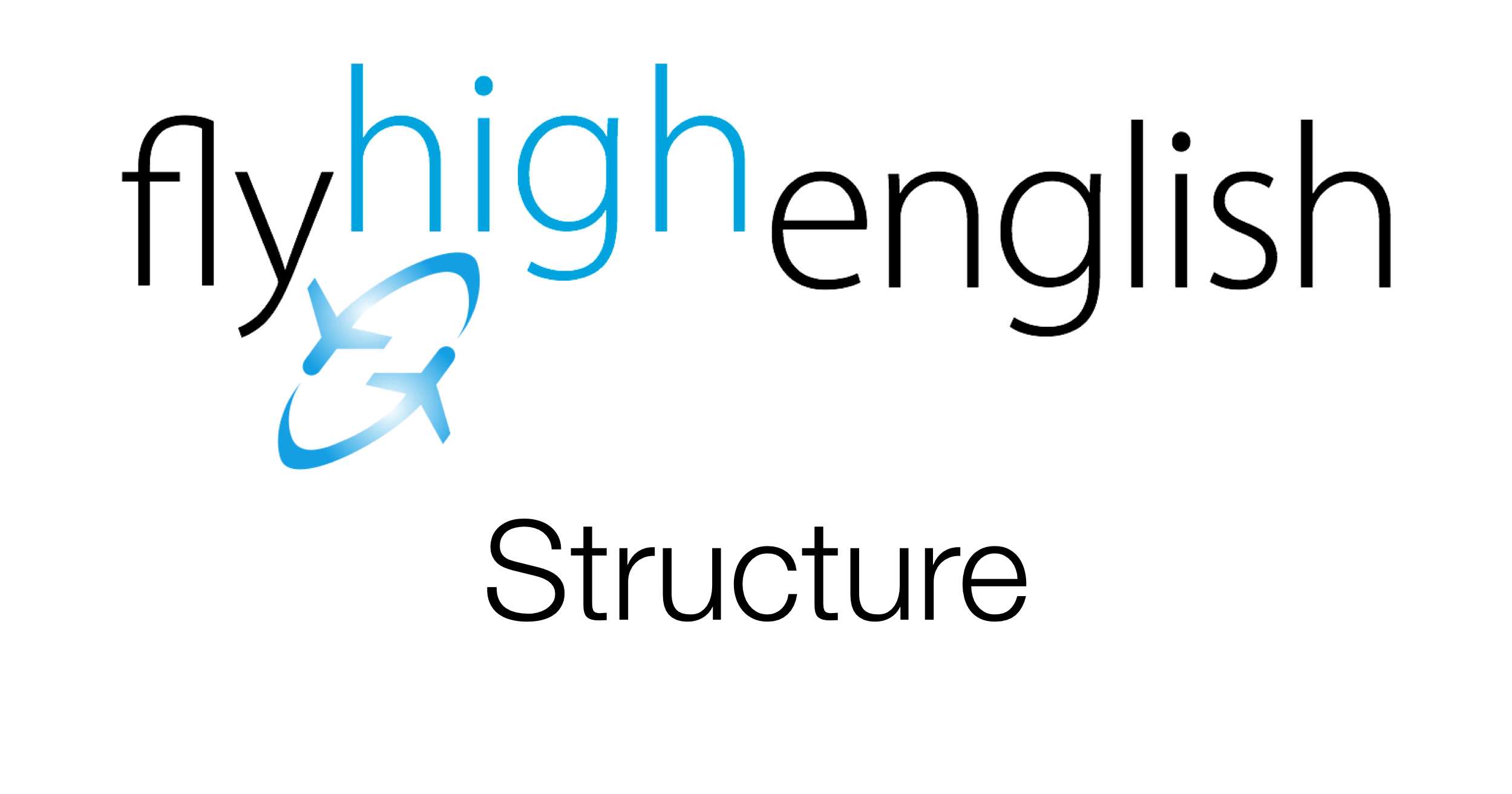
Present perfect vs past simple
In ‘Present perfect 1’ (click here), we talked about a specific situation where you can use the present perfect, to ask ‘have you ever …?’ questions. This time we want to talk about positive statements and also to compare the present perfect with the past simple.
To compare these two tenses it’s necessary to think about two time references: finished time and unfinished time.
When we think about the time reference ‘yesterday’, it’s clear that ‘yesterday’ is finished. Similarly, ‘last week’, ‘last month’ and ‘last year’ are also finished.
Tip: With ‘finished time’ references use the past simple.
In contrast to that, with ‘unfinished time’ references such as ‘this week’, ‘this year’, ‘this month’ etc… it’s clear that they aren’t finished.
Tip: With ‘unfinished time’ references use use the present perfect.
In some situations the time of day will determine if you should use the past simple or present perfect. In the morning for example the time reference ‘this morning’ is unfinished so you use the present perfect with it.
In the afternoon the time reference ‘this morning’ is finished so you should use the past simple in that situation. Check out the diagram below for more information, write some examples of your own and read them out loud to help you remember them.
Tip: Understanding the difference between ‘finished time references’ and ‘unfinished time references’ will help you a lot to use the present perfect correctly.
Very often we begin with a present perfect sentence and then use the past simple, then maybe the present simple and then something else. We don’t use the present perfect in isolation, we use it with other common tenses.
Let’s imagine you are talking to a friend on Wednesday.
Oh man…I’ve flown a lot this week (unfinished time). I flew ten hours on Monday (finished time) and twelve hours on Tuesday (finished time) and now I’m really tired.
As we can see in the example above, we use a mix of tenses together to talk about different time references.
Tip: In these situations you need to know your time reference before you select your verb and tense even though the time reference is usually at the end of the sentence.
Follow us on Twitter here or Facebook here for more great content!

